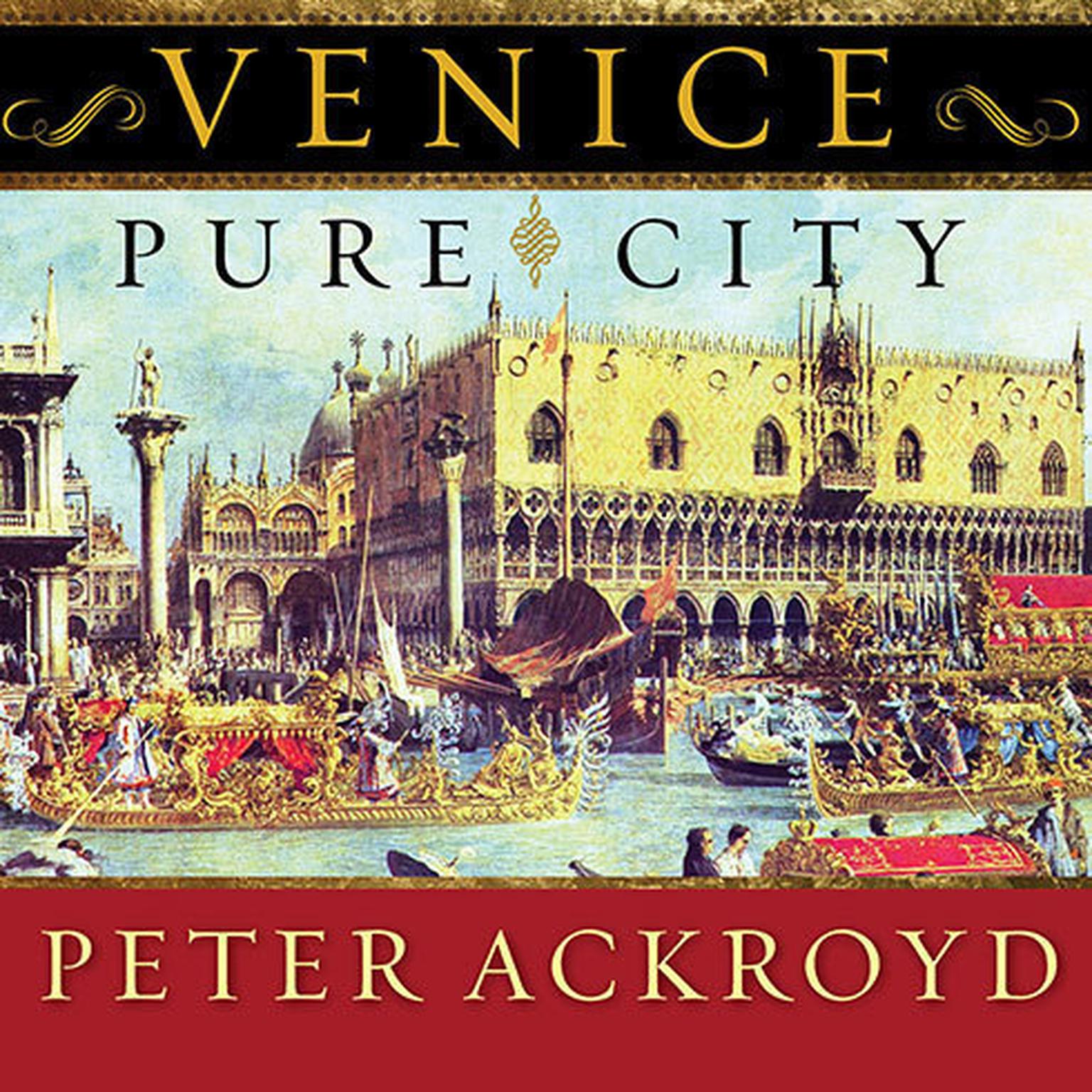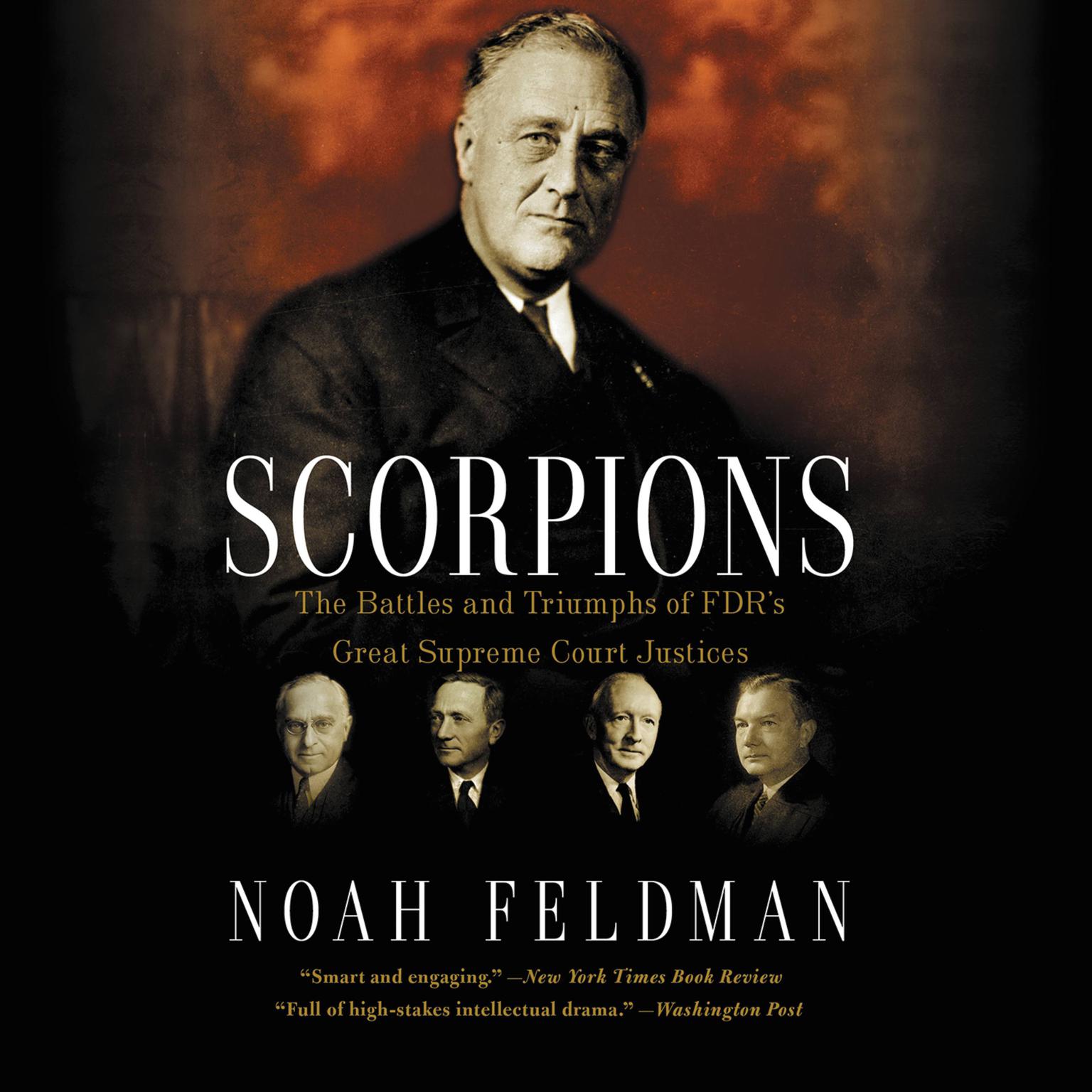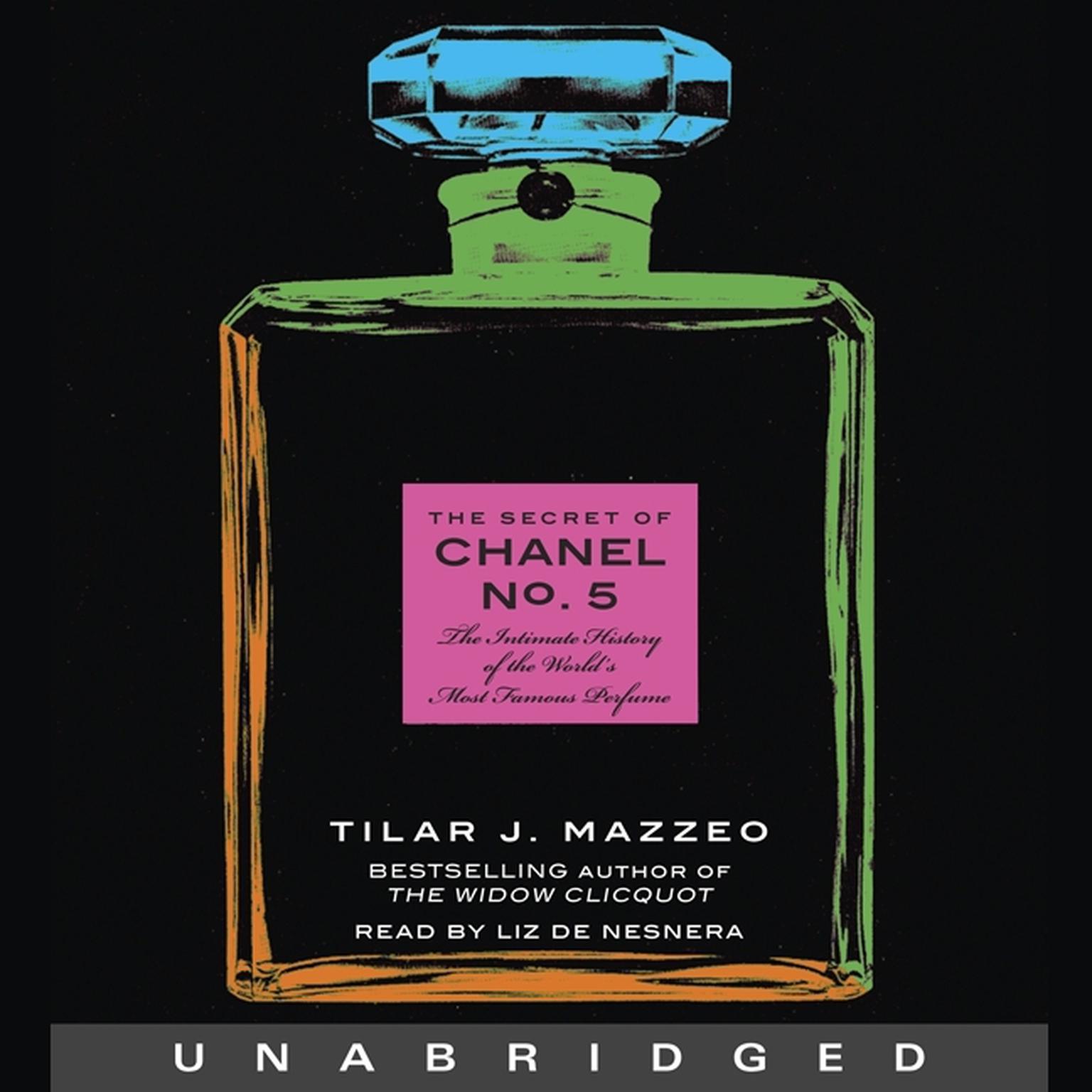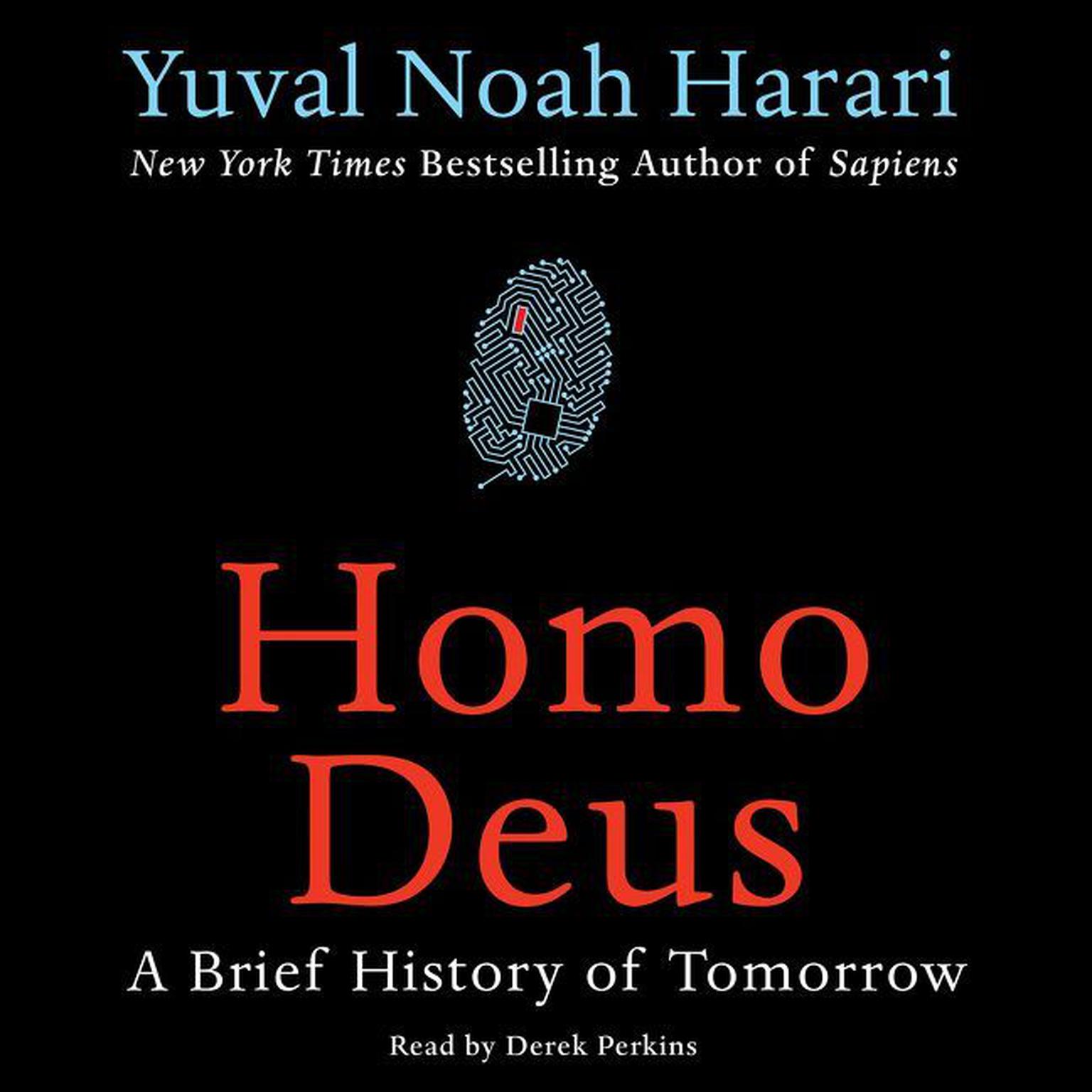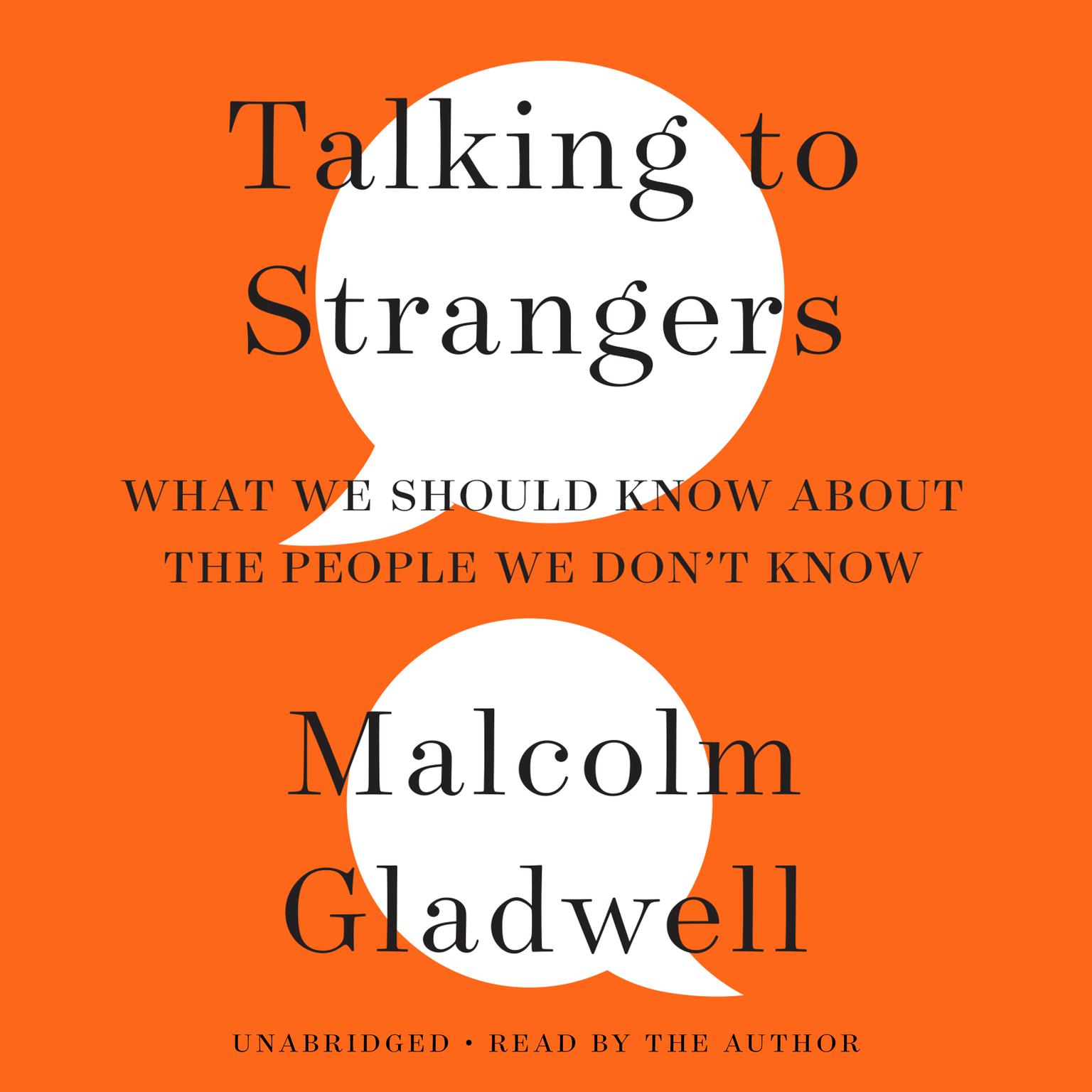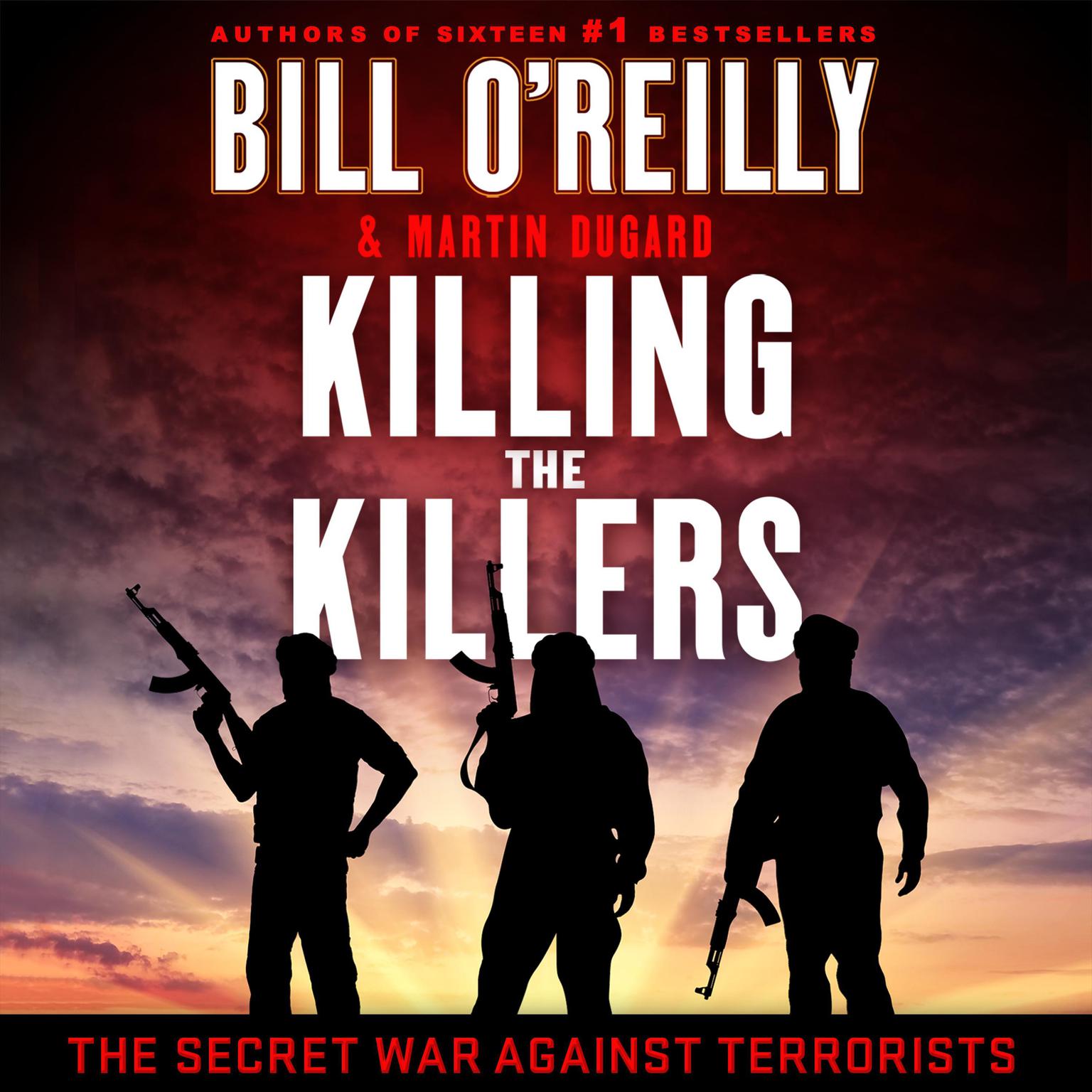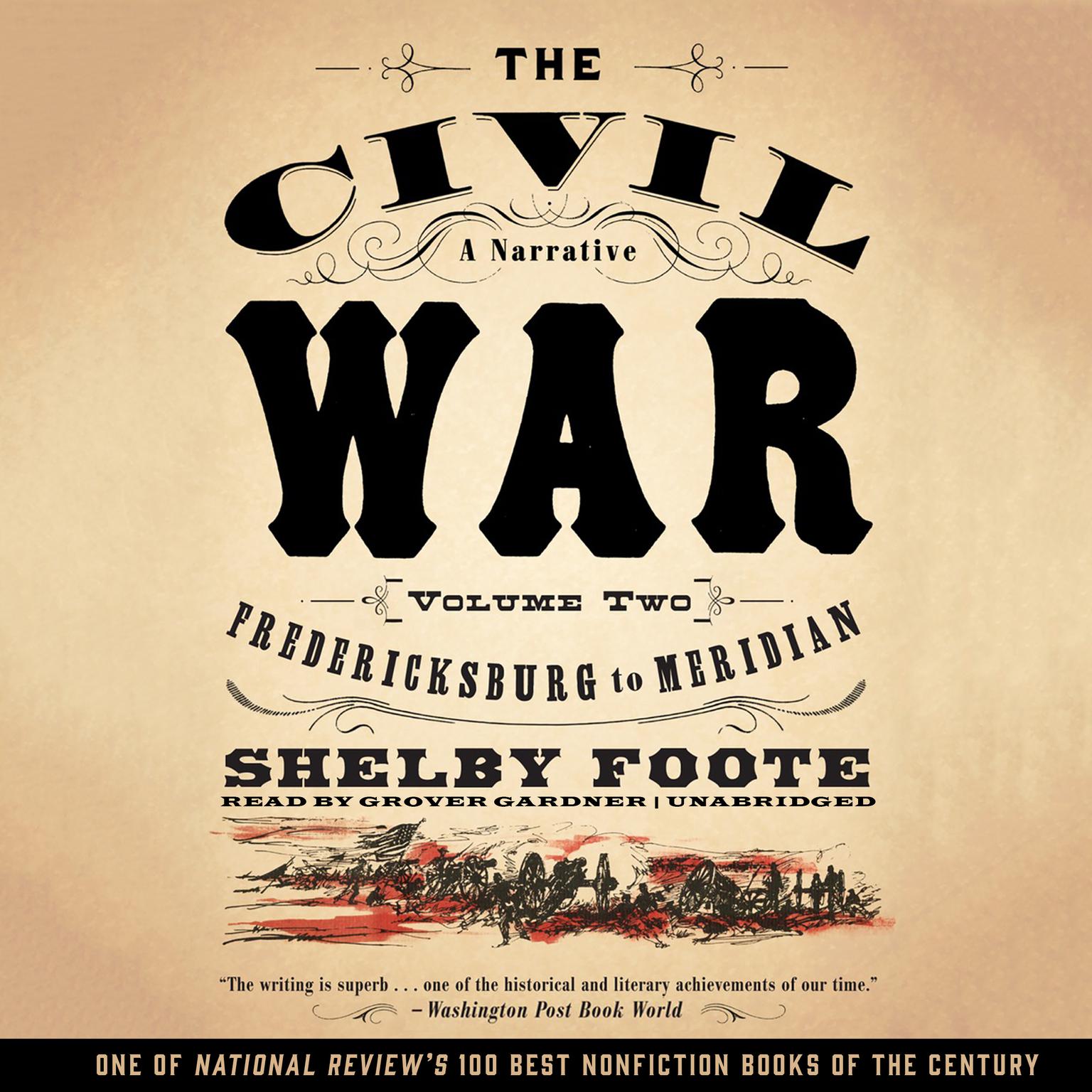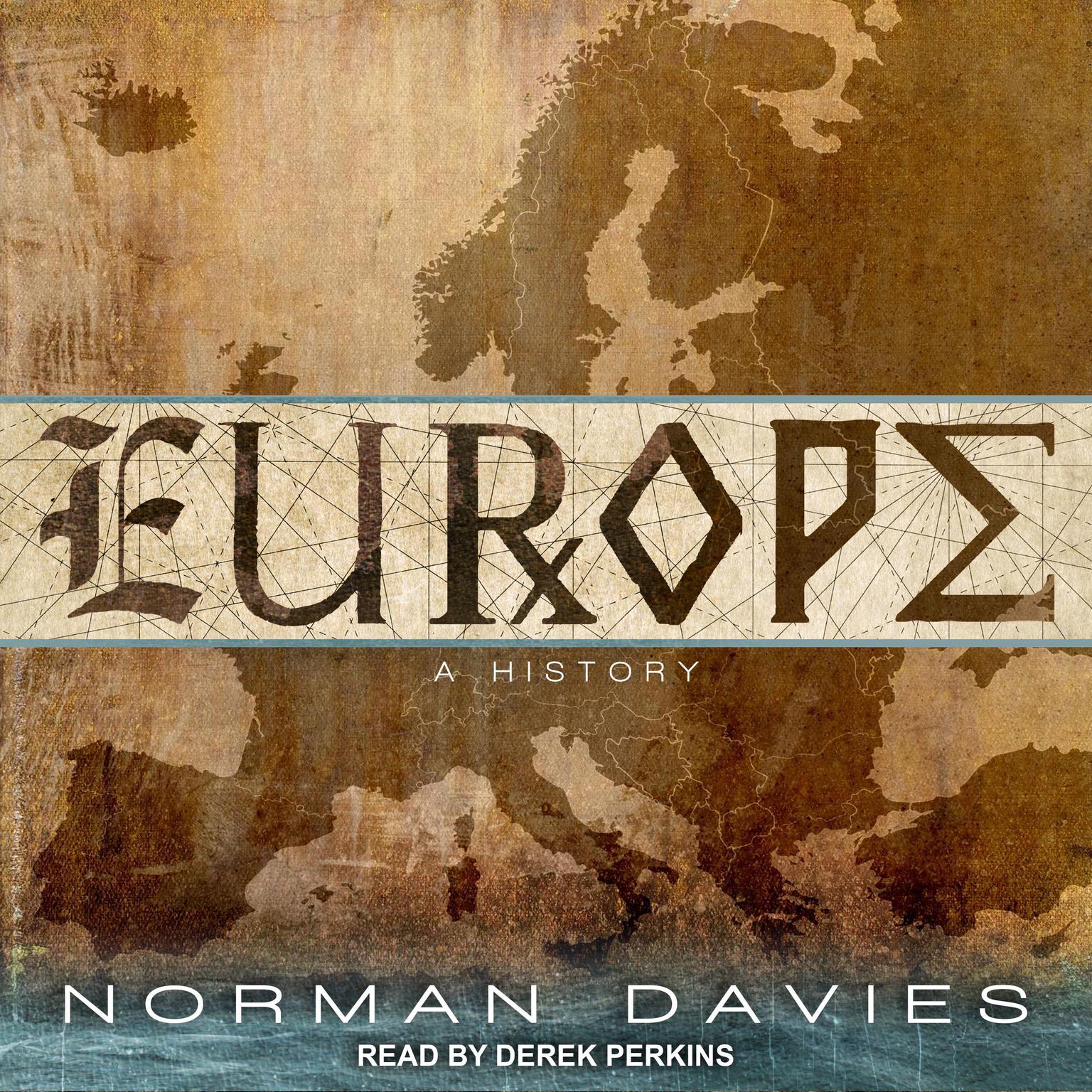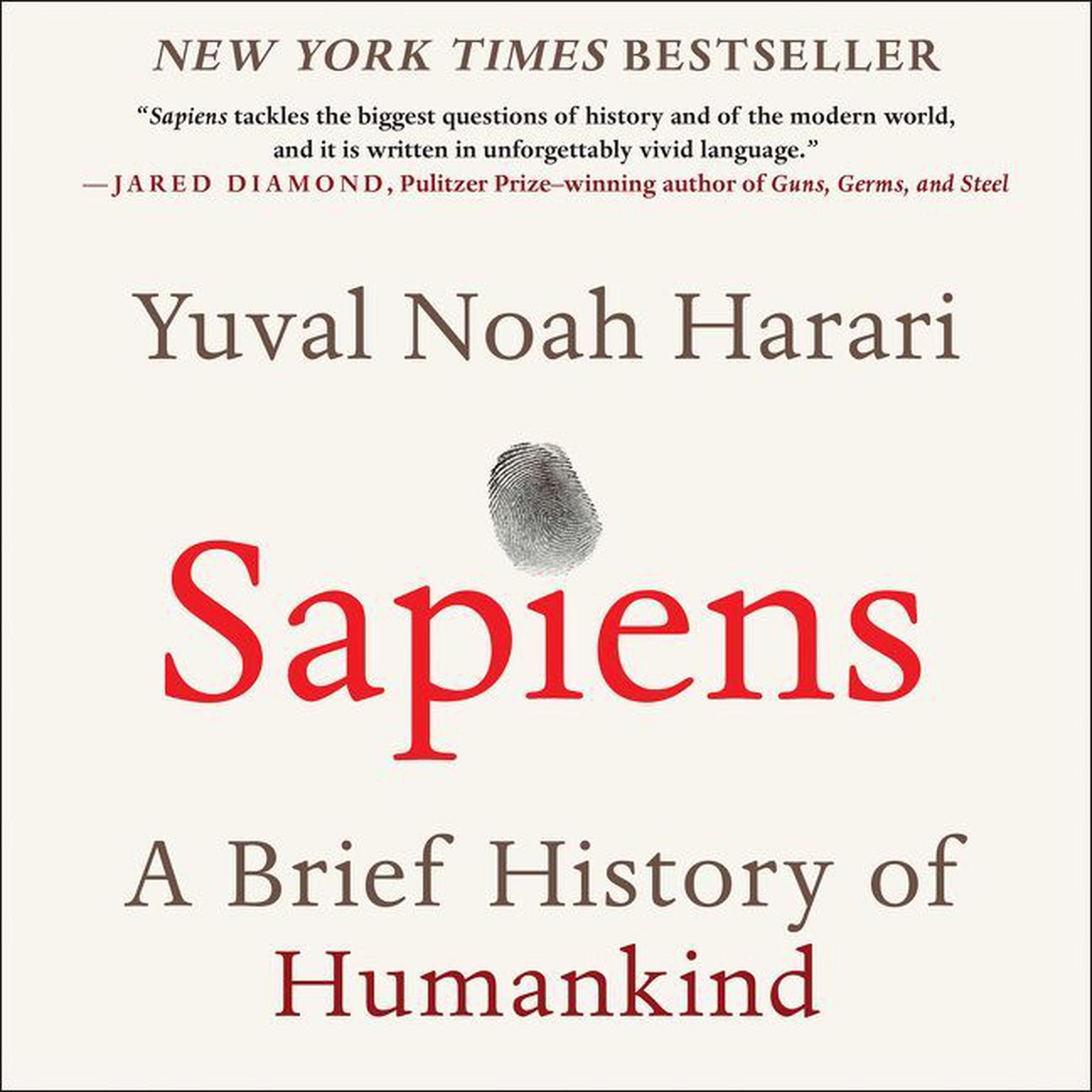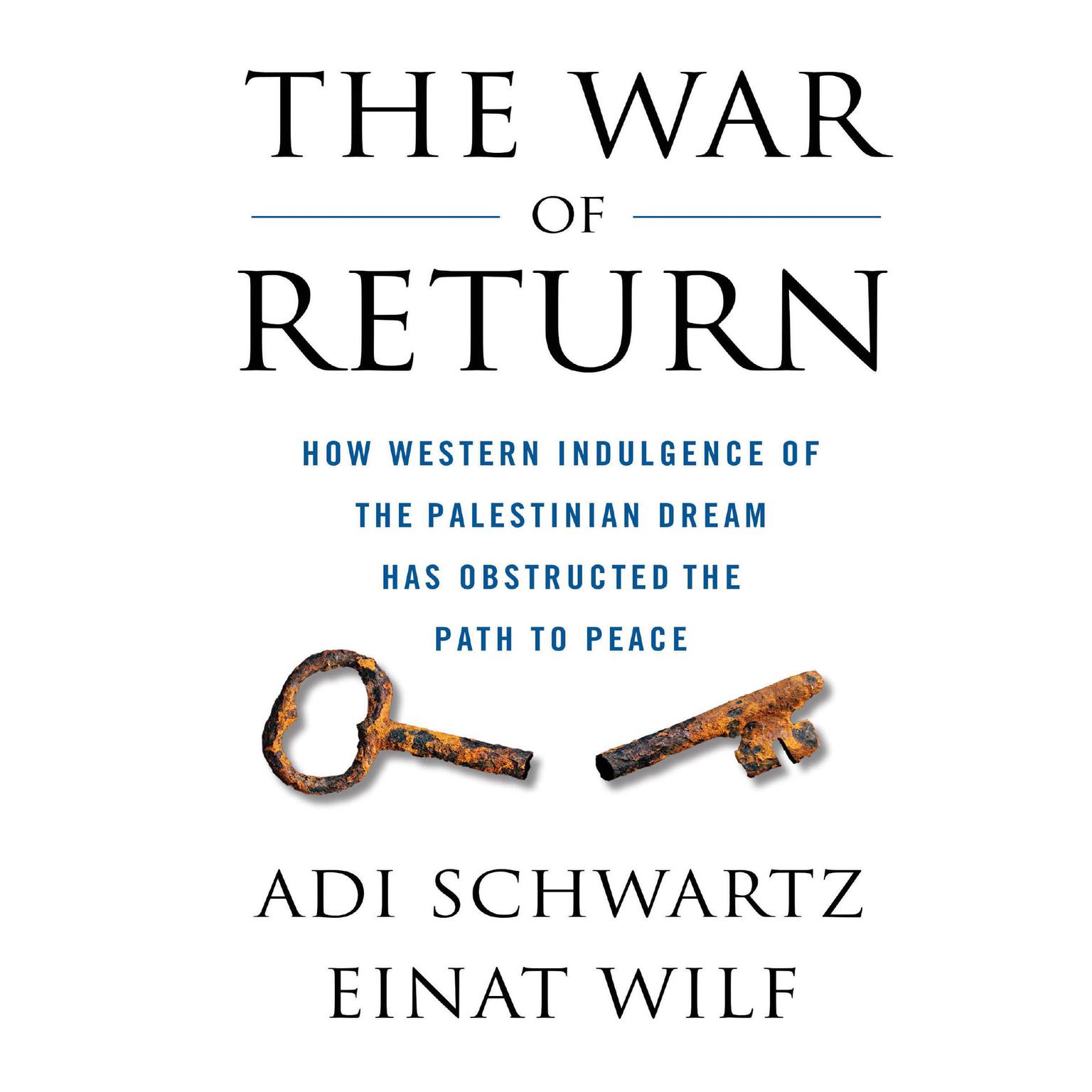Publisher Description
The Venetians’ language and way of thinking set them aside from the rest of Italy. They are an island people, linked to the sea and to the tides rather than the land. This latest work from the incomparable Peter Ackroyd, like a magic gondola, transports its listeners to that sensual and surprising city. His account embraces facts and romance, conjuring up the atmosphere of the canals, bridges, and sunlit squares, the churches and the markets, the festivals and the flowers. He leads us through the history of the city, from the first refugees arriving in the mists of the lagoon in the fourth century to the rise of a great mercantile state and its trading empire, the wars against Napoleon, and the tourist invasions of today. Everything is here: the merchants on the Rialto and the Jews in the ghetto; the glassblowers of Murano; the carnival masks and the sad colonies of lepers; the artists—Bellini, Titian, Tintoretto, Tiepolo; and the ever-present undertone of Venice’s shadowy corners and dead ends, of prisons and punishment, wars and sieges, scandals and seductions. Ackroyd’s Venice: Pure City is a study of Venice much in the vein of his lauded London: The Biography. Like London, Venice is a fluid, writerly exploration organized around a number of themes. History and context are provided in each chapter, but Ackroyd’s portrait of Venice is a particularly novelistic one, both beautiful and rapturous. We could have no better guide—enjoying Venice: Pure City is, in itself, a glorious journey to the ultimate city.
Download and start listening now!
“Ackroyd is a lush, expansive writer and his main theory, that the geography and political situation of Venice, surrounded by water and set between the West and the East has been decisive in the development of its particular culture and form of government is a very beguiling one. There’s a true cornucopia of information in this book, it pours out in a glittering mass that enchants and instructs, but it isn’t always situated in history very precisely, there is no timeline to give the whole thing a thread that runs through. He does divide it into various parts but they are not terribly clear-cut categories: Commerce and Trade are surely interchangeable, and what does The Living City convey? Well, it ain’t dead, that’s for sure. In the end I felt he was going round and round and then coming back to where he’d started: absolutely! typical of anyone’s walking experience in that most labyrinthine of cities, but not how I want to read a book for information. Oi’ll give it severn. (Brummie accent)”
—
Karen (4 out of 5 stars)
